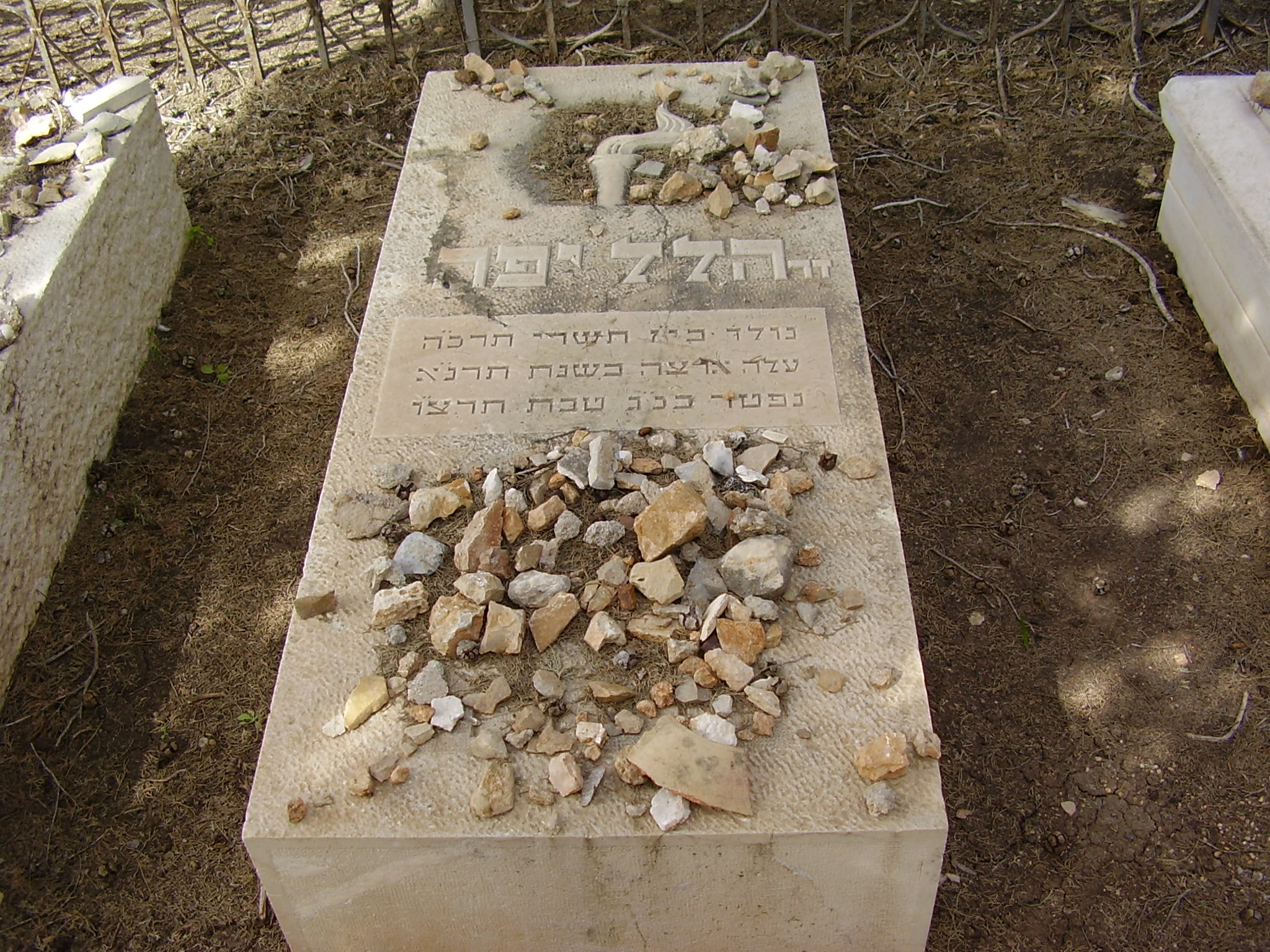Visitation stones on:
[Wikipedia]
[Google]
[Amazon]
 The act of placing visitation stones is significant in Jewish bereavement practices. Small stones are placed by people who visit Jewish graves in an act of remembrance or respect for the deceased. The practice is a way of participating in the
The act of placing visitation stones is significant in Jewish bereavement practices. Small stones are placed by people who visit Jewish graves in an act of remembrance or respect for the deceased. The practice is a way of participating in the
 The act of placing visitation stones is significant in Jewish bereavement practices. Small stones are placed by people who visit Jewish graves in an act of remembrance or respect for the deceased. The practice is a way of participating in the
The act of placing visitation stones is significant in Jewish bereavement practices. Small stones are placed by people who visit Jewish graves in an act of remembrance or respect for the deceased. The practice is a way of participating in the mitzvah
In its primary meaning, the Hebrew word (; he, מִצְוָה, ''mīṣvā'' , plural ''mīṣvōt'' ; "commandment") refers to a commandment commanded by God to be performed as a religious duty. Jewish law () in large part consists of discus ...
of burial. It is customary to place the stone with the left hand.
History
Marking a grave with stones was customary in Biblical times before the adoption of gravestones. The oldest graves in the Old Cemetery inSafed
Safed (known in Hebrew as Tzfat; Sephardic Hebrew & Modern Hebrew: צְפַת ''Tsfat'', Ashkenazi Hebrew: ''Tzfas'', Biblical Hebrew: ''Ṣǝp̄aṯ''; ar, صفد, ''Ṣafad''), is a city in the Northern District of Israel. Located at an elev ...
are piles of rocks with a more prominent rock bearing an inscription.
It is not customary in Judaism to leave flowers at a grave after visiting. It is believed to be more appropriate to give money to charity that could otherwise be spent on flowers. In addition - cut flowers eventually die, but stones are enduring and do not die.
Formerly the tradition might have been to insert notes into crevices in the grave marker. This tradition may be related to the practice of placing notes in the Western Wall
Placing notes in the Western Wall refers to the practice of placing slips of paper containing written prayers to God into the cracks of the Western Wall, a Jewish holy site in the Old City of Jerusalem.
It is claimed that occurrence of such a ph ...
in Jerusalem. Letters may have been formerly written to the deceased and held down by a stone, the stone would have been left after the paper blew away.
The tradition has also been noted outside of Jewish mourning practices; Robert McFarlane
Robert Carl "Bud" McFarlane (July 12, 1937 – May 12, 2022) was an American Marine Corps officer who served as National Security Advisor to President Ronald Reagan from 1983 to 1985. Within the Reagan administration, McFarlane was a leading ar ...
notes the presence of stones placed by mourners in the alcoves of the recesses of resting stones in ancient Ireland.
Interpretation
Various explanations have been given for the origin of the practice *Stone is frequently used in thetorah
The Torah (; hbo, ''Tōrā'', "Instruction", "Teaching" or "Law") is the compilation of the first five books of the Hebrew Bible, namely the books of Genesis, Exodus, Leviticus, Numbers and Deuteronomy. In that sense, Torah means the ...
as a metaphor for God in Judaism
God in Judaism has been conceived in a variety of ways. Traditionally, Judaism holds that Yahweh, the God of Abraham, Isaac, and Jacob and the national god of the Israelites, delivered the Israelites from slavery in Egypt, and gave them t ...
*To ensure that kohanim
Kohen ( he, , ''kōhēn'', , "priest", pl. , ''kōhănīm'', , "priests") is the Hebrew word for "priest", used in reference to the Aaronic priesthood, also called Aaronites or Aaronides. Levitical priests or ''kohanim'' are traditionally be ...
should not be affected by corpse impurity by inadvertently coming into close proximity with a grave
*To ensure that the mitzvah
In its primary meaning, the Hebrew word (; he, מִצְוָה, ''mīṣvā'' , plural ''mīṣvōt'' ; "commandment") refers to a commandment commanded by God to be performed as a religious duty. Jewish law () in large part consists of discus ...
is maintained by marking the grave with rocks
*To show respect and let others know that the grave has been recently visited.
*It happens that the Hebrew word for pebble is "tz'ror" but the word also means "bond" in Hebrew.
See also
*Chinese burial money
Chinese burial money () a.k.a. ''dark coins'' () are Chinese imitations of currency that are placed in the grave of a person that is to be buried. The practice dates to the Shang dynasty when cowrie shells were used, in the belief that the money ...
*Coins for the dead
Coins for the dead is a form of respect for the dead or bereavement. The practice began in classical antiquity when people believed the dead needed coins to pay a ferryman to cross the river Styx. In modern times the practice has been observed i ...
* List of ways people honor the dead
References
{{Commons, Pebbles on Jewish gravestones Stone (material) Judaism and death Bereavement in Judaism Social history of Israel